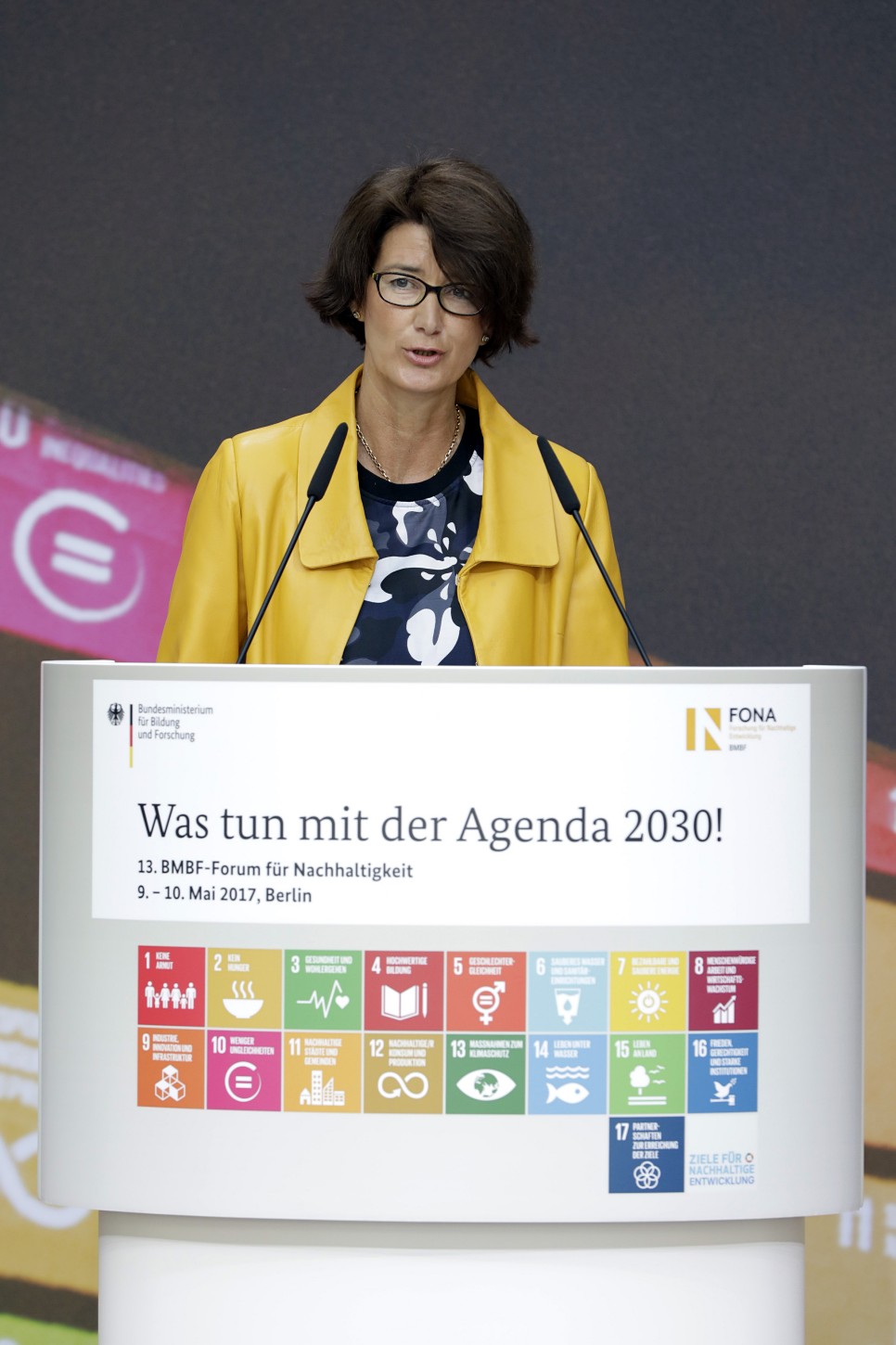Patrizia Nanz
 Patrizia Nanz (born 9 July 1965 in Stuttgart, Germany) is a political scientist and an expert in public participation and democratic innovations. She has provided expertise to businesses, state agencies, and governments in various European countries.
Patrizia Nanz (born 9 July 1965 in Stuttgart, Germany) is a political scientist and an expert in public participation and democratic innovations. She has provided expertise to businesses, state agencies, and governments in various European countries.She was appointed Vice-President of Germany’s ''Federal Office for the Safety of Nuclear Waste Management (BASE)'' on 1 February 2021, where she also leads the ''Collaborative Governance Lab'' ''(CO:LAB).'' She currently serves on the board of trustees of the ''Fraunhofer Institute for Systems and Innovation Research (ISI)''. As of 15 March 2024, she is President of the European University Institute (EUI) in Florence, Italy.
Until 2021, Patrizia Nanz was scientific director of the ''Institute for Advanced Sustainability Studies (IASS)'' in Potsdam; professor of transformative sustainability studies at the ''University of Potsdam;'' and co-chair of the ''Science Platform Sustainability 2030'', an interdisciplinary platform for research and dialogue to support implementation of the United Nations Sustainable Development Goals in Germany. She is founding director of the ''Deutsch-Französisches Zukunftswerk'' (''Franco-German Forum for the Future''), established under the ''Aachen Treaty.'' In January 2019 she was appointed by the German ''Federal Ministry of Education and Research (BMBF)'' as a member of the ''High-Tech Forum'', which advised the German government on its ''High-Tech Strategy 2025'' until 2021. Since 2002 she has held a professorship in political theory at the University of Bremen. From 2013 to 2016, Patrizia Nanz was head of the research area "Culture of Participation" at the ''Institute for Advanced Study in the Humanities (KWI)'' in Essen. She is the founder of the ''European Institute for Public Participation (EIPP)'' and in 2009 was a co-founder of ''Participedia'', a global collaborative wiki platform for democratic innovations. She was a member of the Scientific Committee of the World Forum for Democracy, hosted annually by the Council of Europe.
Her main areas of research are public participation and sustainability transformations (climate change, biotechnology, energy transition, final storage of nuclear waste), democratic theory (transnational governance and the European integration), open government and innovation of administration. Provided by Wikipedia
-
1
